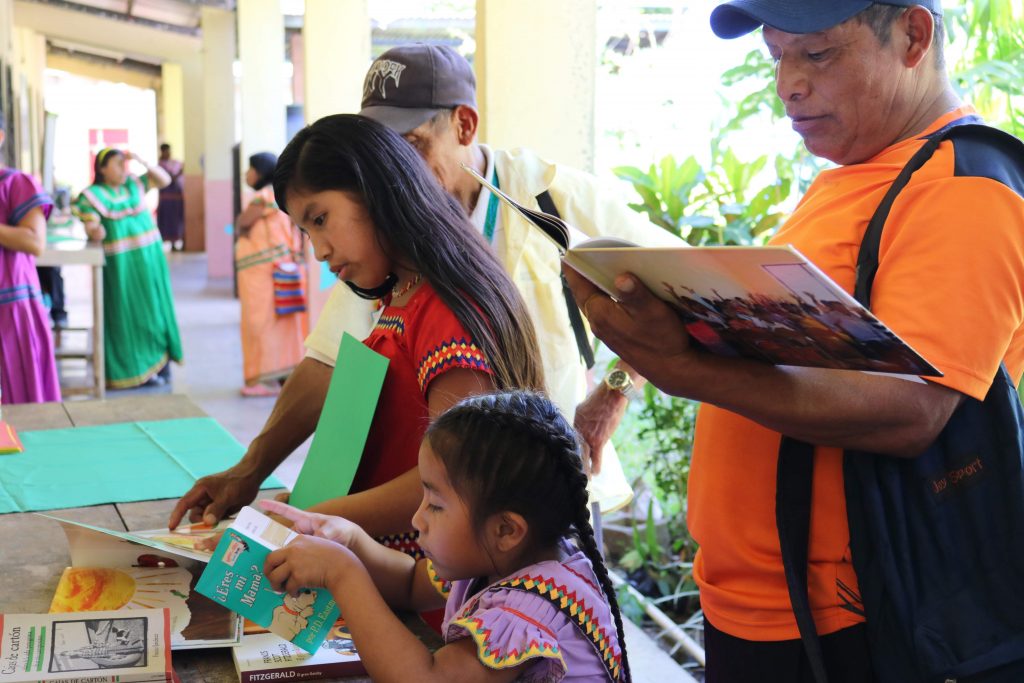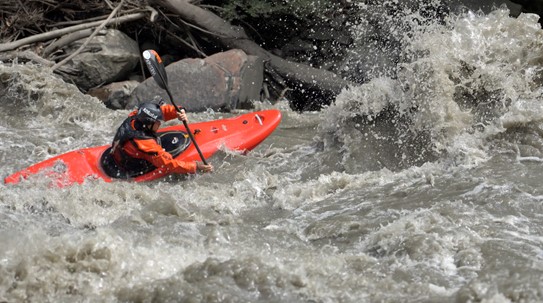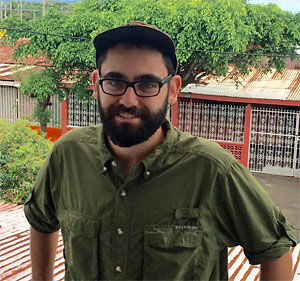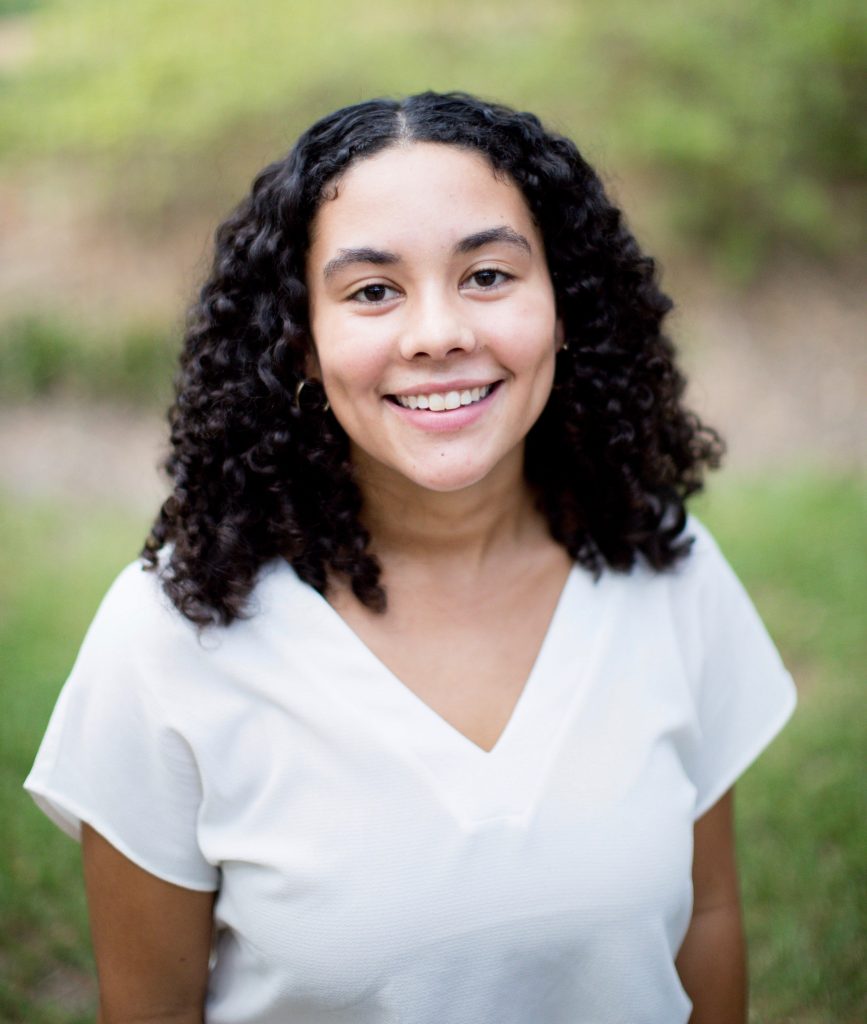SIT students go back and give back
December 18th, 2018 | SIT, SIT Graduate Institute, SIT Study Abroad
During December, we're focusing on reciprocity — one of the core values shared by all SIT programs. Each week, we're highlighting stories and posts from the past year about the ways students and staff give back through projects and research on their programs, and the alumni who have taken reciprocity beyond their SIT experiences to make it part of their daily lives. This week's projects focus on the indigenous people in the places where SIT Study Abroad programs take place.
Funding Ngäbe-Buglé scholars

In 2008, four students on SIT Panama: Tropical Ecology, Marine Ecosystems, and Biodiversity Conservation had a big idea. SIT alumna Katie Clay says, "While in the Comarca [region], we learned that nine out of 10 Ngäbe students don't reach 7th grade. There are many reasons that so many students drop out of school, but with 90 percent of families experiencing conditions of extreme poverty, the barriers and opportunity costs to education are high. Since we had first visited for educational purposes and because we had learned so much from our time in the Comarca, we decided that the best way to reciprocate the generosity we experienced would be to help lower some of those barriers." In the decade since, they've established their idea in a big way, founding a new organization. Few for Change/ Unidos por el Cambio, that supports the education of young students in Panama. To learn more, check out Few for Change or visit their Youtube channel.

Hayley Stuart, Courtney Blackmer-Reynolds, and Shaya Christensen were students on SIT Bolivia: Multiculturalism, Globalization, and Social Change in fall 2014. All three were creating documentary films for the independent research projects when they thought of making an all-women documentary. The women returned to Bolivia in 2018 for an ambitious filmmaking project, Still River, Silent Jungle, which chronicles a whitewater kayaking expedition down Bolivia’s Tuichi River to raise awareness and aid conservation of Bolivia’s Madidi National Park. The issue of hydroelectric power and its impact on indigenous communities is central to Still River, Silent Jungle. Shaya says the team was motivated by something they learned as part of SIT — the Andean concept of “ayni,” which translates to "reciprocity." The students' journey is still underway: In November, they returned for more filming. You can find out more and check out the latest news here.
Helping Indigenous Farmers Reach the World Market

SIT Graduate Institute alumnae Vicky Garcia and Mary Hensley work with the indigenous people of the Cordillera region of the Philippines, helping farmers bring their heirloom varieties of rice to the rest of the world. Both Vicky and Mary received SIT degrees in International Management in 2004. Vicky grew up in the Philippines, and previously worked for the Philippine Department of Labor and Employment. Vicky, who had polio as a child, overcame major logistical challenges to reach the farmers. Eventually, she helped them by advocating for their needs with the Philippine government, enabling an increase in production that has allowed them to meet larger demand for their rice. Vicky and Mary head Eighth Wonder, a company aiming to spread the word and the unique tastes of Cordillera rice around the world. Hear about Vicky's journey in an episode of SIT's On SITe podcast.
Endangered Languages, Endangered Practices

SIT's Central American programs have produced intriguing media centered on the indigenous cultures that inhabit the Caribbean coast. In 2017, SIT Nicaragua: Youth Culture, Literacy, and Media alumnus Eli Laban received SIT's Alice Rowan Swanson Fellowship to continue the work he began as part of his Independent Study Project, a short film about how to count in the endangered Garifuna language. After Eli returned to chronicle more of the region's languages, his efforts won a College Emmy. You can see this project and others at Eli's site.

SIT Panama: Tropical Ecology, Marine Ecosystems, and Biodiversity Conservation alumna Antonia Brown wrote a research paper about the fishing practices of the Guna people, who inhabit Panamanian islands in the Caribbean. To accompany her paper, Antonia produced a short film about the culture of the islands and their sustainability. After her return to the U.S., Antonia's film was selected as part of the 2018 Wildlife Conservation Film Festival in New York City and the 2018 Capital City Black Film Festival in Austin, Texas where it placed third for best short documentary.
Learn more about Antonia and see her film here.
